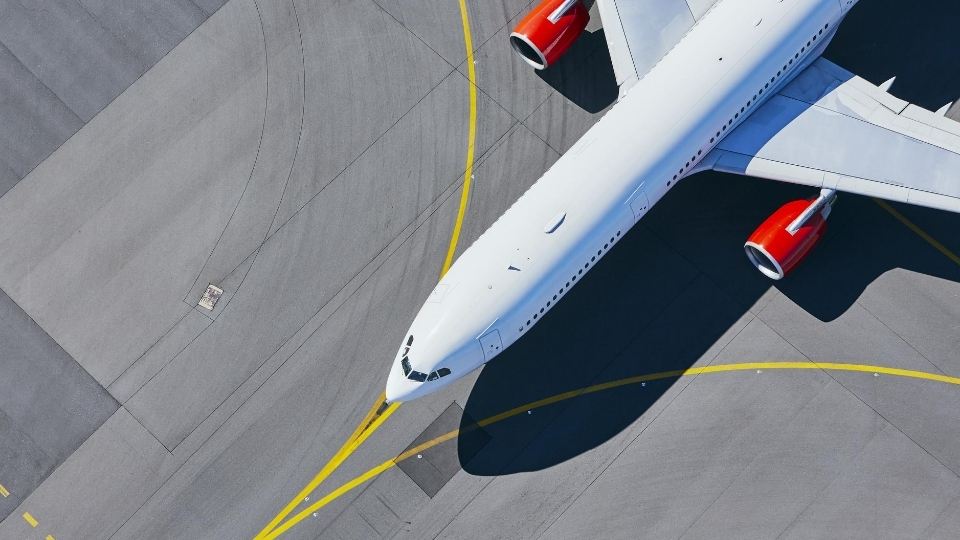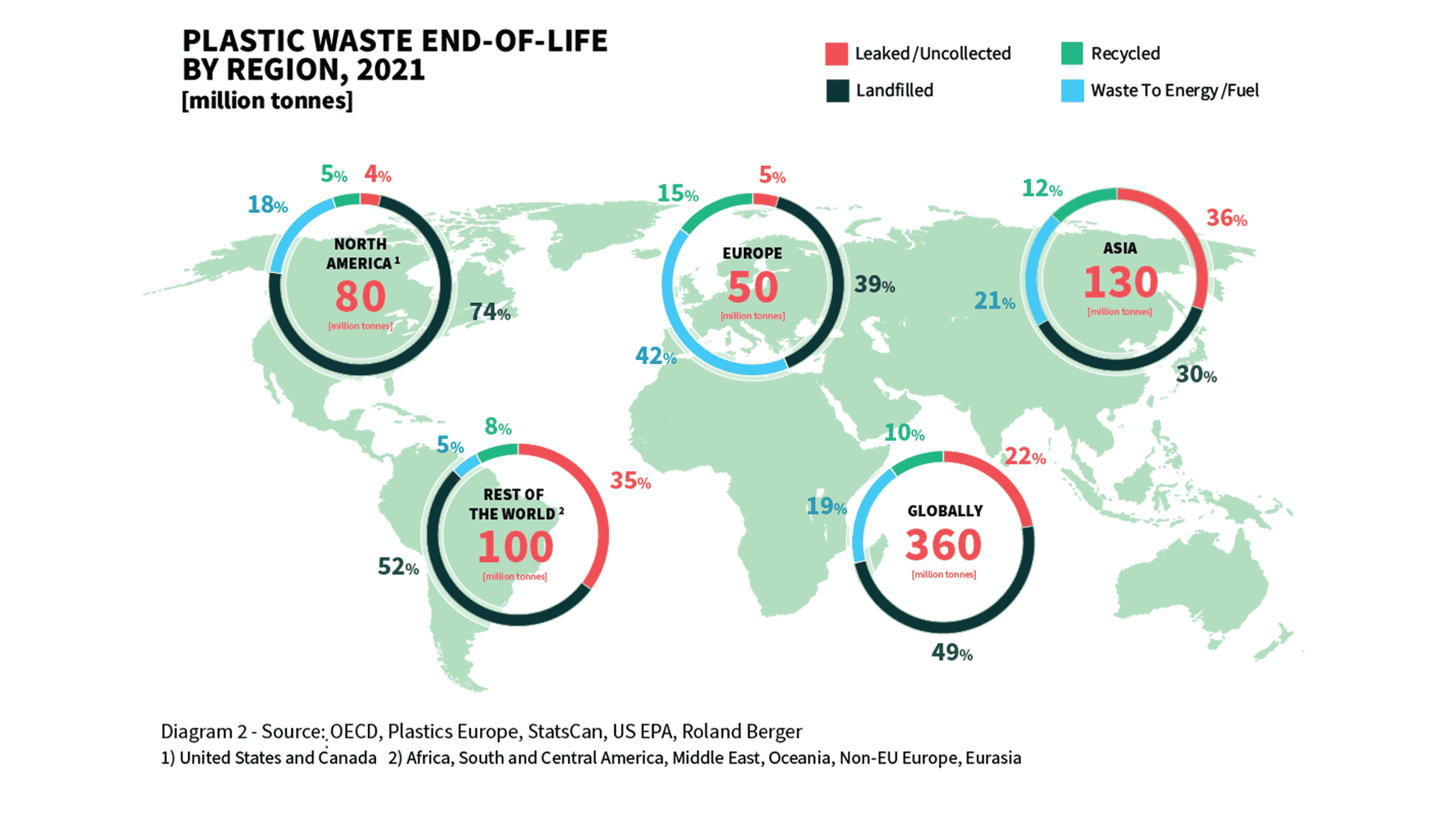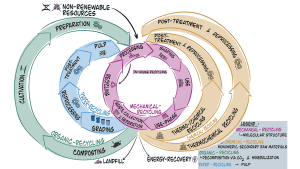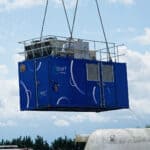Australia’s Department of Foreign Affairs and Trade (DFAT) has announced a partnership with China to advance sustainable aviation fuels. This collaboration involves experts from the University of South Australia (UniSA) and their Chinese counterparts working over the next two years to develop a sustainable aviation biofuel industry. The project, led by UniSA’s Professor Shane Zhang and supported by a $230,000 National Foundation for Australia-China Relations grant, aims to explore the use of bio feedstock to replace conventional kerosene jet fuels with renewable alternatives. Professor Zhang highlights that sustainable aviation fuels can potentially reduce carbon emissions by up to 80%, crucial for achieving net zero greenhouse gas emissions by 2050.
Aviation currently contributes 3% of global emissions, projected to rise significantly. To combat this, countries worldwide, including the EU, UK, Singapore, and the US, are setting ambitious targets for green fuel adoption. Despite its targets, Australia does not yet produce sustainable aviation fuels, which this partnership aims to address. Australia has allocated $1.7 billion in its federal budget to advance renewable fuels for aviation and established the Jet Zero Council. Collaborative efforts, such as the new project between UniSA and Chinese partners, will innovate alternative liquid jet fuels from various bio feedstocks, supporting the transition to a sustainable aviation sector.
Australia’s Department of Foreign Affairs and Trade (DFAT) has announced the nation will partner with China to innovate sustainable aviation fuels.
Over the next two years, the collaboration will see experts from the University of South Australia (UniSA) work with their Chinese counterparts to develop sustainable aviation biofuel industries in both countries.
The project, which has received a $230,000 National Foundation for Australia-China Relations grant, will be led by UniSA Aviation Professor Shane Zhang.
The project will explore using bio feedstock to replace conventional kerosene jet fuels with renewable fuel.
Professor Zhang explained the importance of the project: “Sustainable aviation fuels can potentially cut carbon emissions by up to 80% and are essential if we are to achieve net zero greenhouse gas emissions in Australia 2050.
“There is a lot of potential to produce sustainable aviation fuels in Australia and China, as both countries have large quantities of bio feedstock and the market is untapped.”
Aviation decarbonisation targets
The aviation industry accounts for 3% of global emissions globally, which could rise 22% by 2050 as flying increases and other sectors decarbonise more rapidly.
To combat this issue, countries have set ambitious targets to make the sector more sustainable.
Green fuels, although still in the early stages of development, will be key to decarbonising aviation with the EU, UK, Singapore, and the US ramping up production.
The EU has mandated that 2% of all flights departing Europe use sustainable aviation fuels by 2025 and up to 70% by 2050.
The UK mandates that by 2030, at least 10% of its airlines must use green fuels, increasing to 22% by 2024.
In Singapore, the government has set a 1% sustainable fuel target for all departing airlines from 2026, increasing to 3-5% by 2030.
Australia has set a target of reducing CO2 emissions per flight by an average of 10% by 2030.
Despite this target, the country does not currently produce sustainable fuels for aviation, which the new collaboration with China aims to solve.

Australia’s sustainable aviation strategy
Australia has recently announced $1.7bn in federal budget allocation for advanced renewable fuels for aviation throughout the next decade.
This sizable financial backing follows the establishment of the Australia Jet Zero Council in 2023, which is backed by $30m to deliver net zero aviation.
Jet Zero Australia is partnering with US biotech company LanzaJet to construct a new sustainable aviation fuel facility in north Queensland, while Wagner Sustainable Fuels and Boeing Australia are collaborating on a site in Toowoomba.
The NSW Government has committed up to $100m to initiate local production.
Additionally, the Albanese Government has earmarked $18.5m over four years to develop a certification scheme for sustainable aviation fuels and renewable diesel.
Another $1.5m will fund a two-year analysis of the costs and benefits of introducing mandates.
The new collaborative project between UniSA and their Chinese partners will innovate alternative liquid jet fuel from various sources or feedstock, such as waste oil and fats, woody residues, algae and municipal waste.
This fuel will need to be mixed with 50% conventional fuel to avoid engine and aircraft modifications and meet international regulations.
The partnership will also host eight events in Australia and China over the next two years to gather industry, farmers and stakeholders to plan how sustainable fuels can be commercialised.











